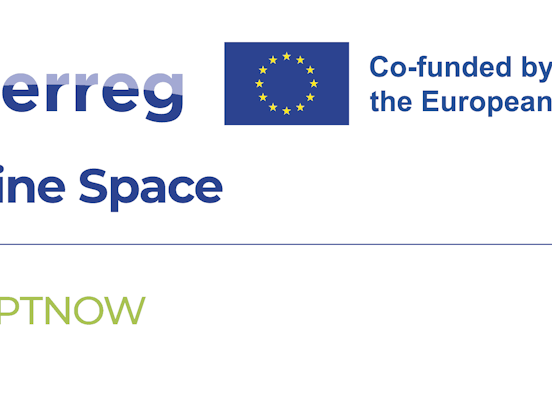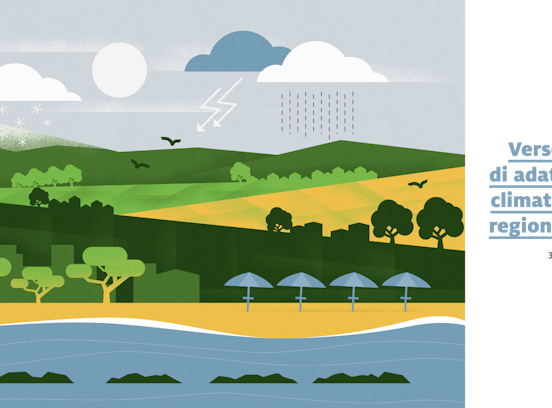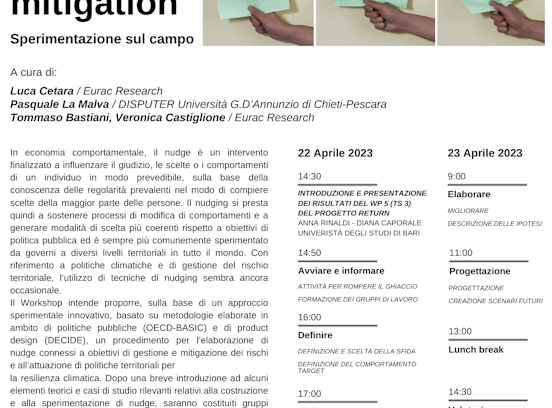Center for Climate Change and Transformation - News & Events - Heat waves in Casette Inglesi: Eurac Research presents the questionnaire results
Heat waves in Casette Inglesi: Eurac Research presents the questionnaire results
On June 25th a group of researchers from Eurac Research - Fabio Carnelli, Akshit Gupta, Benedetta Oberti, Giulia Paoletti, Elisa Ravazzoli and Linda Toledo - presented the results of the questionnaire "Heat waves in Casette Inglesi" at the headquarters of IPES (Institute for Social Housing of Alto Adige).
The meeting was attended by some of the residents of the Casette Inglesi, a residential complex managed by IPES, where Eurac Research is carrying out a case study for the RETURN project. The case study began in January with the presentation of the research work and the request for participation addressed to the residents. The objective is to study the effects of heat waves and involve inhabitants in the development of adaptation and risk mitigation strategies. During the event in June, the Eurac Research group discussed with residents the most relevant aspects that emerged from the questionnaire, completed by 31 people. Among the results presented, the fact that the majority of survey participants have a high awareness and perception of the risk related to heat waves (fig.1).
Half of the respondents also reported the fact that intense heat negatively impacts their social life: it reduces the number of visits made to relatives, friends and neighbors, as well as the number of recreational activities carried out. Furthermore, it emerged that the heat forces people to spend more time at home alone (fig.2).
The questionnaire also covered more technical aspects, such as the presence or absence of external shading systems for the home windows. From the responses it emerged that a significant number of windows in the Casette Inglesi do not have roller shutters, blinds or awnings (Fig. 3).
During the meeting, suggestions were also presented for keeping homes cooler during days of intense heat. In particular, the Eurac Research group presented some methods for cooling effectively, both naturally and through fans, air conditioners and dehumidifiers. The meeting concluded with the illustration of the next steps for the case study. Over the summer, humidity, temperature and carbon dioxide meters will be installed in the homes of some volunteers. Furthermore, the research group will conduct interviews to delve deeper into some of the issues related to the perception of the risk of heat waves and the behaviors that each person implements to deal with days of intense heat.








